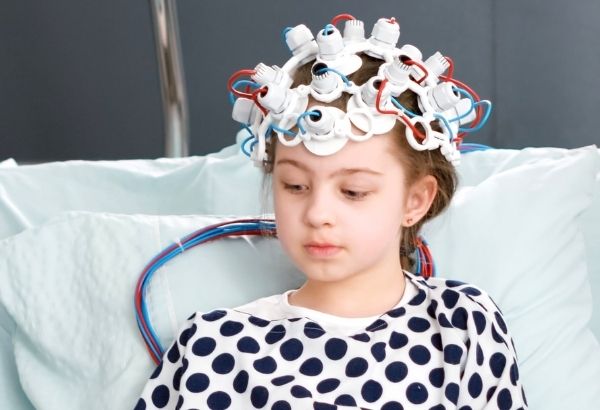Brain Tumors: Symptoms, Diagnosis, and Treatment
Brain tumors can be life-altering — but with early diagnosis and advanced neurosurgical techniques, many patients go on to live full and productive lives.
What Is a Brain Tumor?
A brain tumor is an abnormal growth of cells within or surrounding the brain. Tumors can be benign (non-cancerous) or malignant (cancerous). They may originate in the brain (primary tumors) or spread from other parts of the body (secondary or metastatic tumors).
Common Symptoms of Brain Tumors
- Persistent headaches, especially worse in the morning or with activity
- Seizures (even without a history of epilepsy)
- Vision or hearing problems
- Memory issues or confusion
- Sudden personality or behavioral changes
- Nausea and vomiting
- Difficulty with balance or coordination
- Numbness or weakness in parts of the body.
How Are Brain Tumors Diagnosed?
1. Neurological Examination
Doctors assess reflexes, motor skills, coordination, and sensory functions to detect abnormalities.
2. Imaging Tests
- MRI (Magnetic Resonance Imaging): Most effective for detecting brain tumors.
- CT Scan: Helpful in emergencies or to detect bone involvement or bleeding.
- MR Spectroscopy or PET Scans: Provide detailed information about tumor metabolism.
3. Biopsy
A tissue sample may be taken during surgery or via a needle to determine the tumor type (benign vs. malignant).
4. Genetic and Molecular Testing
Advanced testing helps identify mutations and markers that guide targeted therapy.
Treatment Options for Brain Tumors
1. Surgery
- Craniotomy: Open surgery to remove the tumor.
- Minimally Invasive/Endoscopic Surgery: Less trauma, quicker recovery.
- Neuro-navigation & Intraoperative MRI: Improves precision during surgery.
2. Radiation Therapy
- External Beam Radiation (like IMRT, IGRT)
- Stereotactic Radiosurgery (SRS) for small tumors
- Proton Therapy (in select centers)
3. Chemotherapy
- Often used for malignant or aggressive tumors.
- Drugs like Temozolomide (TMZ) are commonly prescribed.
4. Targeted Therapy & Immunotherapy
- Focuses on blocking tumor growth at the molecular level.
- Some tumors respond well to immune-boosting treatments.
5. Rehabilitation & Supportive Care
- Physical therapy, occupational therapy, speech therapy
- Counseling and mental health support




Comments
Post a Comment